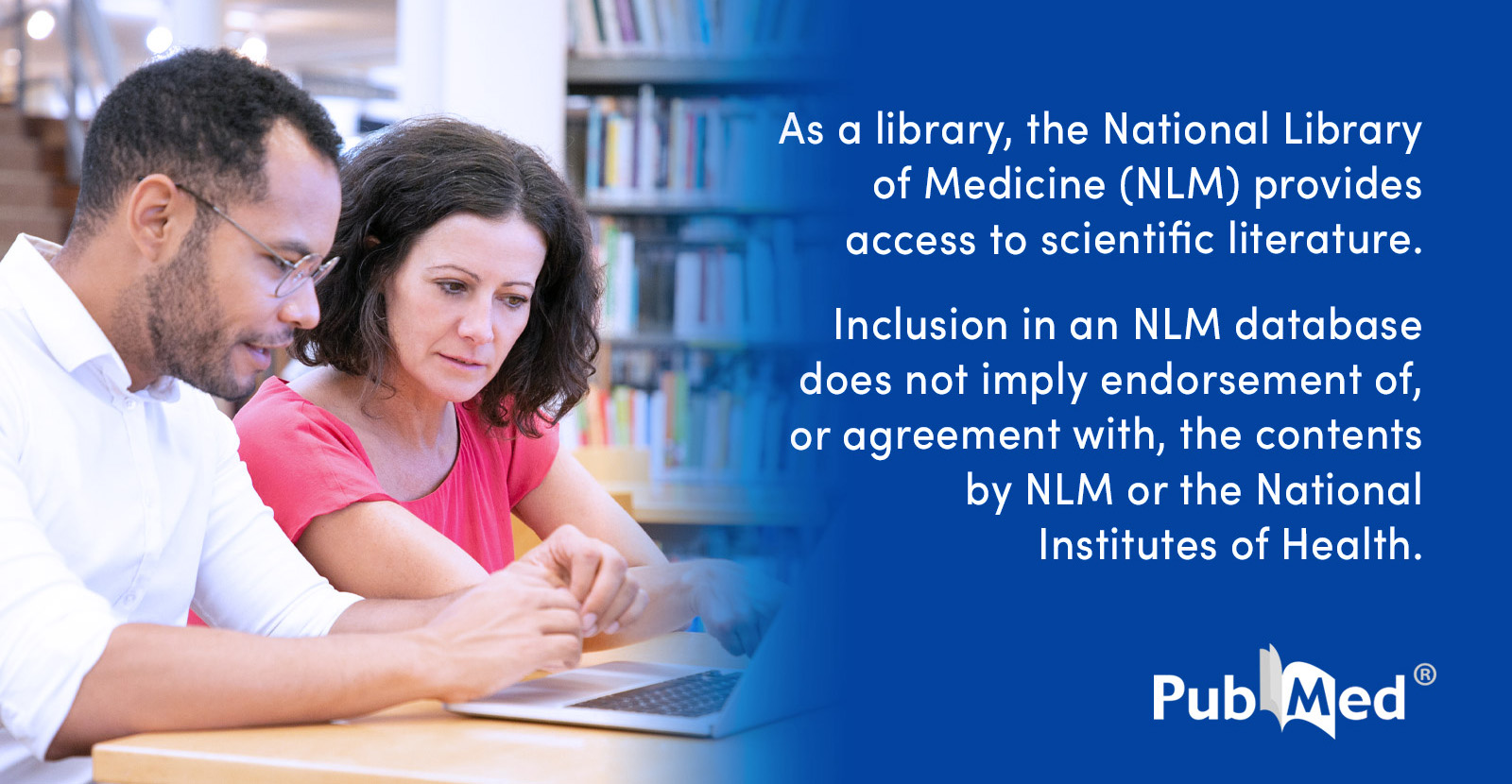
A new study highlights how elevated lactate levels in the tumor microenvironment impair the functionality of natural killer (NK) cells, shedding light on a significant barrier in cancer immunotherapy. Tumor cells often produce large amounts of lactate as a byproduct of altered metabolism, leading to a phenomenon known as the Warburg effect. This lactate interferes with the immune response by inducing a specific post-translational modification called lysine lactylation (Kla) in NK cells.
Lysine lactylation alters protein function and has been shown to suppress the cytotoxic activity of NK cells, which are critical for the body’s natural defense against tumors. By investigating this pathway, the researchers aimed to determine how Kla affects NK cell efficacy and to identify strategies that could bolster these cells’ resilience to the suppressive tumor microenvironment.
The findings demonstrate that maintaining NK cell function amid high lactate concentrations may significantly enhance their tumor-killing capabilities. Strategies that counteract Kla or prevent its induction could pave the way toward more effective cancer therapies. The study calls for the development of therapeutic interventions that either inhibit lysine lactylation or bolster NK cell resistance to it, potentially improving outcomes in immunotherapy-based cancer treatments.
This advancement reveals a critical link between tumor metabolism and immune evasion, offering new avenues in the design of cancer immunotherapeutics that aim to restore or enhance the cytotoxic functions of NK cells in hostile tumor environments.
Source: https:// – Courtesy of the original publisher.








